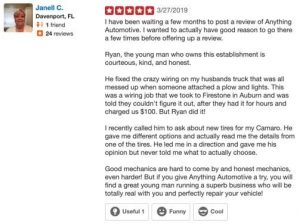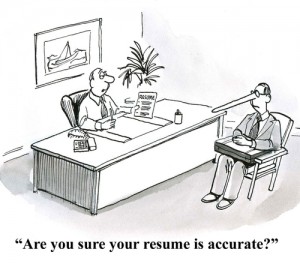It’s a common goal of any website to dominate search engine rankings and come up on the first page of Google. The problem is, Rome wasn’t built in a day, and top search engine rankings aren’t either. While there are many different strategies for optimizing your website for search engines, today we will focus on one method in particular that is evolving in today’s marketplace: guest blogging.
For those who don’t know, guest blogging is when you create a piece of content and reach out to other websites to host the content, thus reciprocating links. Ideally, you will have a link from this guest blog site back to your website, which will ultimately help with your search engine rankings. Because of this barter-like approach, it differs from the black-hat link building techniques that Google has since put the kibosh on. Your firm can reach out to websites that have similar audiences to your own to find potential opportunities. The key is creating valuable content that digs deeper – providing new thoughts and insights on a topic, as search engines can tell when there are spammy links. It’s an organic, genuine way to grow a website’s credibility and authority without cutting corners, but it takes time.
Remember that pesky Penguin?
If you combine results-driven decision making with today’s culture of immediate gratification, what do you get? Impatience.
In the dark ages of pre-2012, you could pay someone halfway around the world to build a network of low-quality links pointing back to your website. At first, this approach was successful in increasing search engine rankings. But then, Google released its Penguin update. The update effectively weeded out websites who implemented techniques against Google Webmaster Guidelines to boost their ranking in search.
What was the result? Websites that employed these “link buying” techniques were sentenced to Google jail, and took major hits to their domain authority, which is a top driver in determining where your website shows up on search engine results pages. To lift this penalty, websites needed to manually remove any links that violated the Google Webmaster Guidelines and submit a request for the penalty to be removed. After multiple request submissions, time served in Google jail could be anywhere from months to years. There are probably still websites that haven’t had their penalty removed yet.
How might that pesky penguin affect guest blogging?
A similar “link buying” trend is happening today. Blog hosts are starting to see an opportunity to capitalize on the demand for high-authority links. Some are charging fees for content creators to submit a blog post on their website, initiating a pay-for-placement revenue model.
While this is still a relatively recent evolution, the concept and intent of the pay-for-placement model is comparable to the black hat “link buying” techniques that Penguin sought to eliminate. Marketing experts agree that while there is still some gray area, their advice would be to shy away from paying for guest blog placement. Straight from Google’s mouth, they advise against this practice.
Which party would be penalized?
The big question here is, will Google even act on this? It’s hard to tell. Depending on the quality of the content, Google may view this as a way to build jobs for bloggers and individuals working for content hubs. However, for the sake of argument let’s say that this is a practice that Google will frown upon.
Precedence has shown that the buyers of links receive a penalty. While the allure of guaranteed blog placement may sound intriguing, paying for it would then put your website at risk of landing in dreaded Google jail. Because you paid a fee for blog placement, what would otherwise be a healthy, organic way of building your website’s domain authority has now become a very real liability.
Some may view the risk as one worth taking. Some may want to wait and see if this cloudy issue will ever amount to anything. The reality is, no one wants to be blind-sided. Ending up in Google jail could cost you your job, cripple your website, and put a choke hold on inbound revenue streams. In that scenario, wouldn’t it have been wise to stick to a long-term, healthy link building strategy?
Digital & Social Articles on Business 2 Community
(54)









